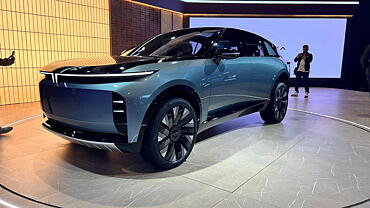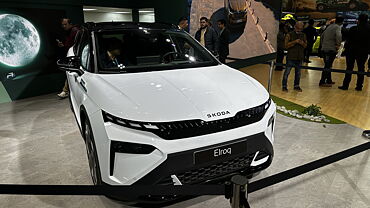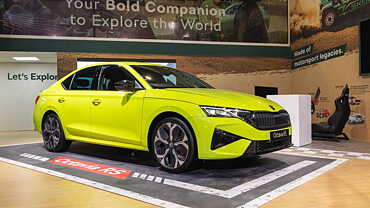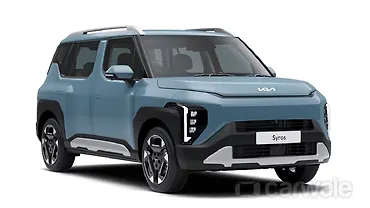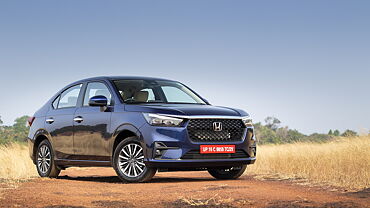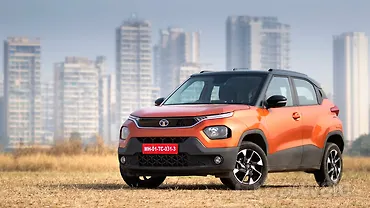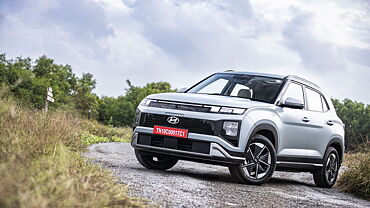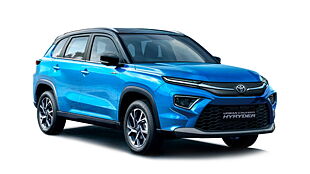
Toyota Motor Corp has told reporters that they have further refined lithium-ion battery tech that safely allows them to pack in more power at lesser costs. This lets the brand enter the growing EV market with more confidence.
Toyota admitted that they held back from the lithium-ion technology due to concerns raised by the cost, size and volatile nature of the lithium-ion battery. Let’s dwell deeper. While most lithium-ion car batteries use a chemical combination of nickel, cobalt and manganese which store more energy and take lesser time to recharge, they are considered safer than other Li-ion technologies.
Nevertheless, they can still overheat and catch fire if not designed, produced and controlled appropriately. With a focus on safety, Toyota has now improved its technology that precisely monitors the temperature and condition of each of the 95 cells in its new battery pack. It works closely with battery supplier Panasonic Corp to ensure the battery is free of impurities, since even microscopic metal particles can trigger a short circuit, overheating or an explosion.
Toyota has also managed to shrink the size of each cell which has allowed them to double the battery capacity with half the weight, while only increasing the battery pack size by around two-thirds. With lithium-ion battery cell prices falling by 60 per cent over the last five years, they’re a lot cheaper to make. Toyota added that its upcoming Prius Prime will use this new tech in its lithium-ion batteries that can make the car go 60km on a full charge before the petrol engine kicks in.
"It's a tall order to develop a lithium-ion car battery which can perform reliably and safely for 10 years, or over hundreds of thousands of kilometres," said Koji Toyoshima, chief engineer for the Prius.

![Toyota Alphard [2008-2013] Image Toyota Alphard [2008-2013] Image](https://imgd.aeplcdn.com/272x153/cw/cars/no-cars.jpg?q=80)



